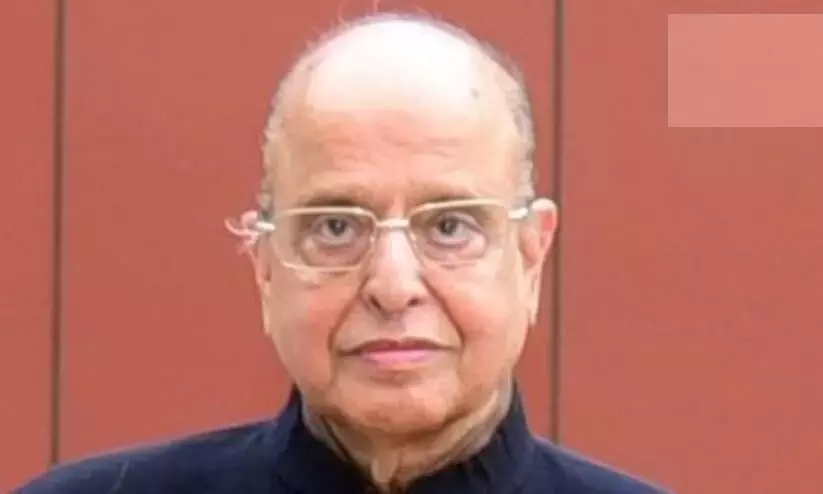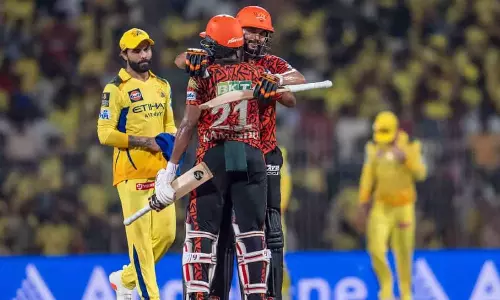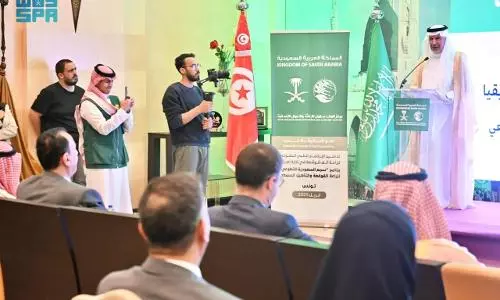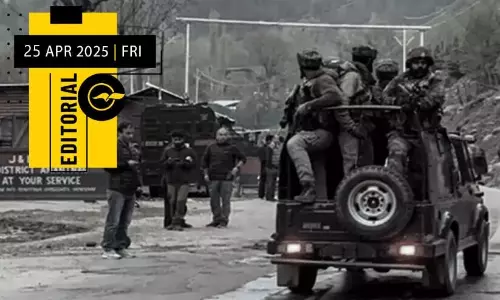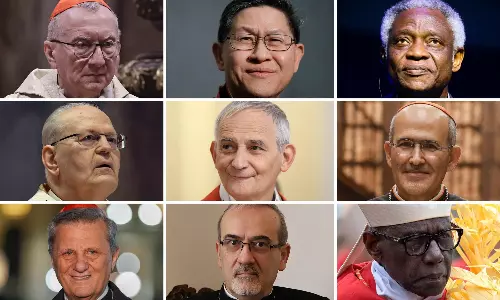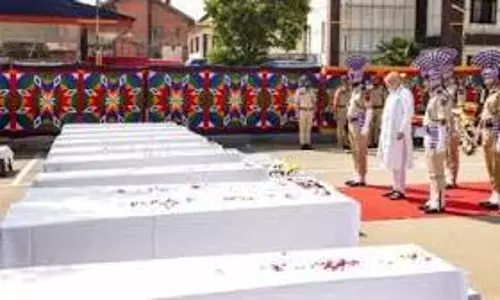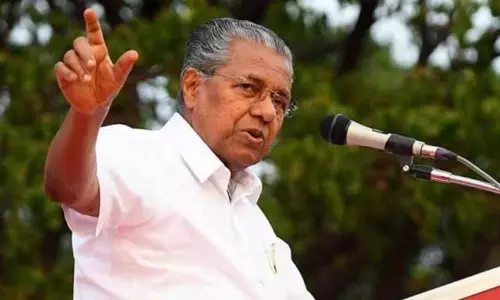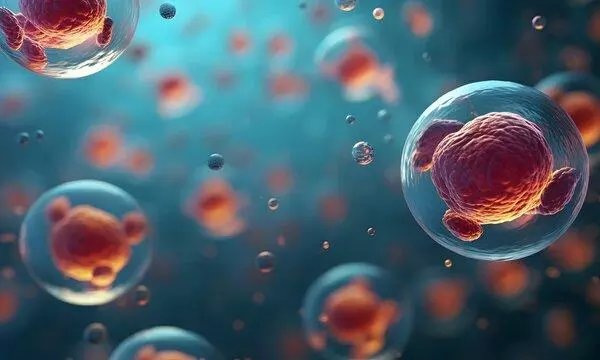
New stem cell therapy offers hope for brain recovery after stroke
text_fieldsNew Delhi: A groundbreaking study suggests that modified stem cells could significantly improve brain activity in stroke survivors, providing new hope for recovery.
In the case of ischemic stroke, the most common type, only about 5% of patients make a full recovery, with many left struggling with long-term issues like weakness, chronic pain, or epilepsy. However, researchers at the Gladstone Institutes have shown that stem cell therapy can help restore normal brain activity even in cases where treatment is administered a month after the stroke.
The study, published in Molecular Therapy, is the first to reveal the impact of stem cells on brain activity post-stroke. While most treatments show effectiveness only when applied in the immediate aftermath of a stroke, this new therapy was shown to yield positive results even when given much later. This breakthrough could pave the way for advancements in stem cell therapy and may inspire the development of other treatments for brain-related conditions.
The study team, led by Jeanne Paz, conducted tests on rats, injecting modified human stem cells into their brains near the injury site one month after the stroke. They then measured the electrical activity in the rats’ brains, as well as individual cell and molecular responses. The results indicated that the therapy successfully reversed brain hyperexcitability in the affected rats, restoring balance to neural networks.
Additionally, the stem cell treatment increased the levels of proteins and cells vital for brain function and repair. Though fewer than one percent of the transplanted human cells remained in the rats' brains a week after the procedure, the effects of the therapy were long-lasting, according to Paz.
This promising research, which has been in clinical development for over a decade, could have significant implications for improving the lives of stroke patients and may also contribute to advances in the treatment of traumatic brain injuries.
With IANS inputs





